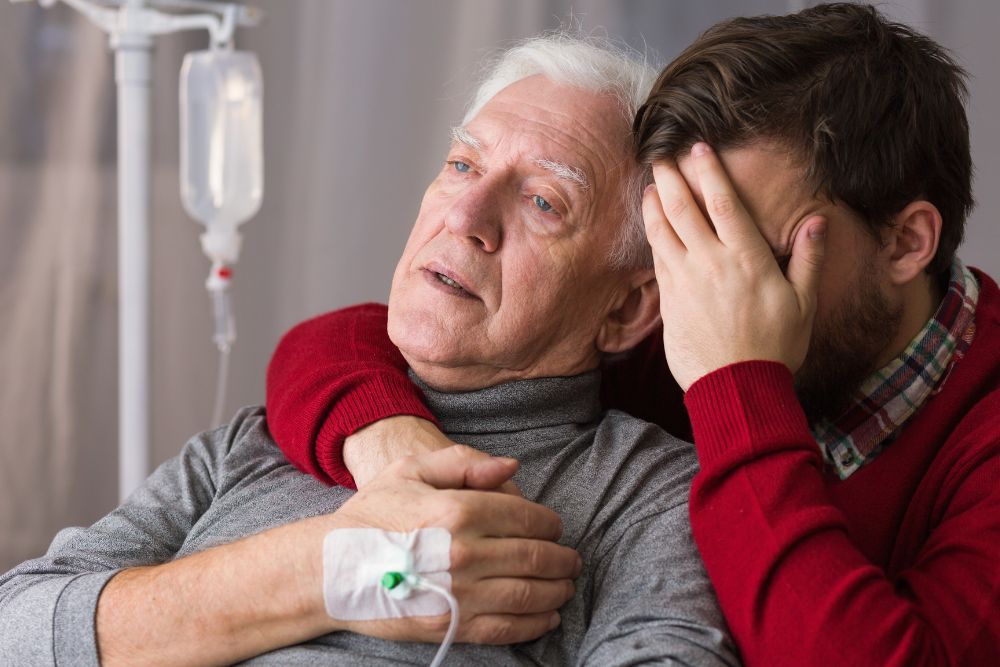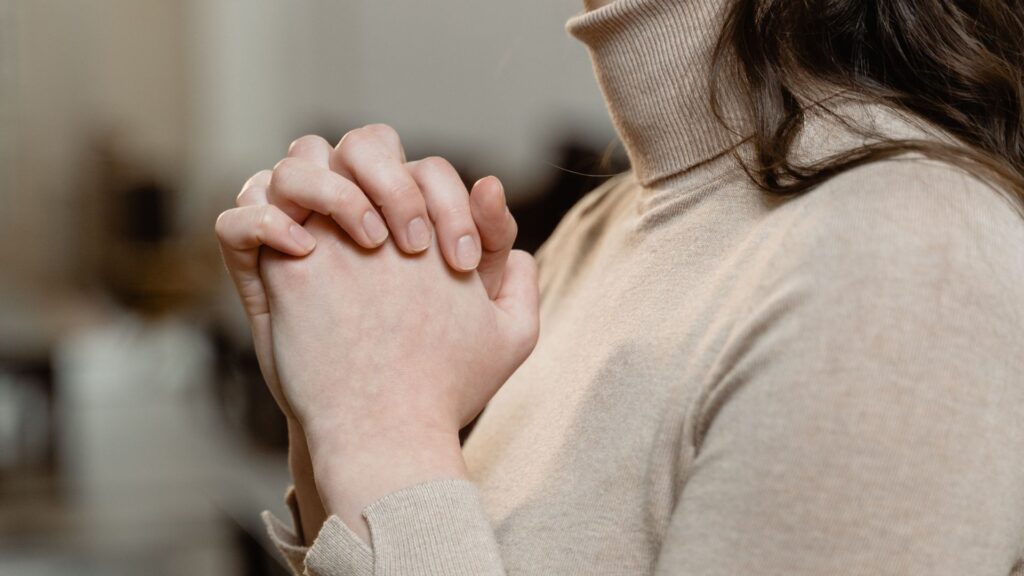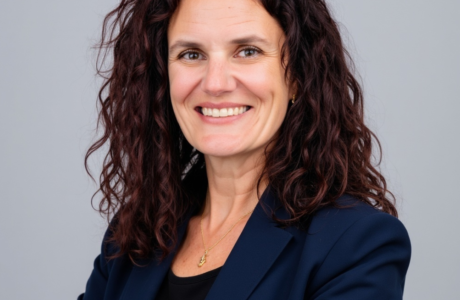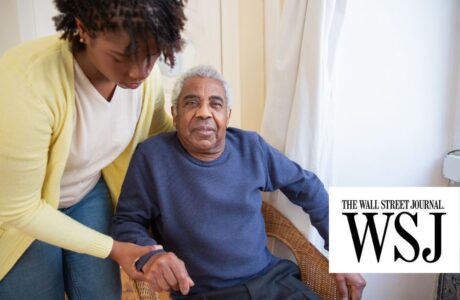
What to Say, What to Do: Supporting a Dying Loved One Across Cultures – A Guide for Families
When words fail, rituals speak. At the end of life, silence can feel deafening—especially for families navigating cultural traditions, spiritual uncertainty, or emotional overwhelm. Grief is never one size fits all, and neither is goodbye.
This guide explores how families from diverse backgrounds honor the sacred final moments of life. It also offers practical guidance on what to say, what to do, and how to support your loved one when time feels both fleeting and infinite.
Honoring Cultural and Spiritual Traditions at the End of Life
Before diving into communication tips, it helps to understand the importance of spiritual and cultural context. Death rituals and beliefs vary widely across cultures and practices. Some families light candles or recite prayers. Others play music, share stories, or surround their loved one with cherished objects.
Recognizing and honoring your loved one’s beliefs can offer comfort and a sense of continuity. If you’re unsure how to proceed, ask what would feel meaningful—or consult with spiritual leaders or care teams familiar with cultural end-of-life traditions. Death doulas can also help navigate these moments with reverence and clarity.
Understanding these traditions provides a foundation for more intentional and compassionate communication.

What to Say When Someone Is Dying
Words carry enormous weight in the final days. But many families struggle with how to express love, permission, or peace. Your presence may matter more than any perfect phrase.
You might say:
- “I love you.”
- “Thank you.”
- “We’ll be okay.”
- “You are not alone.”
- “You can rest now.”
Even if your loved one is unresponsive, speaking gently, holding their hand, or playing meaningful music can create emotional closeness. Intention matters—even in silence.
That said, understanding the psychology of communication during this delicate time can help you move past fear or hesitation.
Understanding the Psychology Behind End-of-Life Conversations
It’s common to freeze—not out of avoidance, but out of fear. Research from the American Psychological Association shows that clear, loving communication in the final days can reduce anxiety for both the dying person and their caregivers. Age-appropriate or culturally sensitive language can support clarity and compassion. Empowered Endings provides families with coaching and tools to express themselves honestly and lovingly.
Once language has been expressed—or when it has run its course—the next layer of connection often comes through meaning-making. One powerful avenue for that is legacy work.
Legacy Work as a Healing Tool for Grief
Legacy creation—letters, recordings, memory books—is one of the most therapeutic aspects of anticipatory grief. These personal projects offer meaning and presence amid sorrow. At Empowered Endings, we help families craft legacy pieces that preserve memory, foster connection, and celebrate individuality.
These reflections often exist in tandem with one’s spiritual beliefs, shaping how we understand loss and find comfort.

The Role of Spiritual Beliefs in Grieving
Spirituality—whether religious or non-religious—shapes how we interpret death. For some, grief is eased by a belief in an afterlife. For others, rituals help provide structure to emotional chaos. These frameworks can either support or complicate grief recovery. Empowered Endings honors all belief systems and offers resources for spiritual support through our grief groups and one-on-one services.
To further ground these insights, let’s explore how grief and goodbye are approached in different cultural contexts.
Cultural Grief Rituals: How Different Traditions Say Goodbye
The words we speak are just one part of the farewell. Cultural and spiritual traditions shape the full picture of how we grieve and honor those we’ve lost. Understanding these differences can bring families peace, clarity, and belonging during a disorienting time.
United States – Personalized Farewells and Growing Diversity:
End-of-life traditions in the United States are increasingly personalized. While some families follow religious customs, others create hybrid rituals that blend spirituality with legacy. Common practices include life celebrations, open-casket visitations, video tributes, or scattering ashes in places of significance.
Mexico – Día de los Muertos (Day of the Dead):
Families create vibrant altars with marigolds, candles, and offerings of food and drink. Grief is expressed through remembrance and joy, emphasizing that the dead remain part of the family story.
Japan – Otsuya and Obon:
The wake (otsuya) is often quiet and reflective, while Obon is a festival of lanterns and dance that honors ancestral spirits. Together, these traditions blend solemnity with celebration.
Ghana – Fantasy Coffins:
In parts of Ghana, coffins are crafted to reflect the personality or profession of the deceased—boats, cars, even animals. Funerals become an artistic celebration of identity.
Hindu Traditions – Antyesti (Last Rites):
The body is washed, dressed, and cremated amid sacred chants. Ashes are scattered in a holy river, and mourning includes a 13-day ritual (Shraddha) to support the soul’s journey.
Buddhism – Mindful Dying and Rebirth:
Dying is seen as a transition. In Tibetan traditions, readings from the Bardo Thodol guide the soul through post-death states. Meditation, chanting, and stillness help prepare the dying person and their loved ones.
United States – Personalized Farewells and Growing Diversity:
End-of-life traditions in the United States are increasingly personalized. While some families follow religious customs—like Christian funerals or military honors—many are blending spiritual and secular elements. Life celebrations, video tributes, nature-based ceremonies, and DIY memorials are becoming more common. This flexibility allows families to co-create rituals that reflect their loved one’s personality, values, and cultural background.
Let me know if you’d like to move this to a different position in the blog or restore the original Shiva section elsewhere.
What Is a Death Doula and How Do They Help?
As families look for ways to blend emotional and spiritual support, many are turning to end-of-life doulas. A death doula is a non-medical support professional who provides holistic care during the dying process. The term draws from the Greek word “doula,” meaning “a woman who serves.” Historically used in the context of birth, the term now spans the life spectrum—from birth to death.
Death doulas have existed informally for centuries through community elders, spiritual leaders, and midwives who attended the dying. In recent decades, the profession has formalized, with training programs now incorporating spiritual care, active listening, legacy projects, and bedside support.
Doulas can help families:
- Understand what to expect physically and emotionally
- Coordinate rituals and sacred objects
- Maintain calm, loving presence at the bedside
- Offer guidance rooted in culture, trauma sensitivity, and empathy
They act as guides—offering presence when medicine steps back. Empowered Endings integrates doula-informed care into its offerings to ensure each family feels seen, supported, and spiritually respected.

Creating a Sacred Space for Goodbye
Whether with or without a death doula, crafting the right setting can shape the emotional experience of goodbye. The physical environment during the final days can influence how families process loss.
Ways to create a comforting space:
- Light candles or incense aligned with cultural rituals
- Play spiritual music or favorite songs
- Use blankets or shawls with symbolic meaning
- Display photos, letters, or legacy items
- Maintain a quiet, respectful presence
These small details offer profound reassurance.
When Grief Becomes Complicated
Grieving in ways that don’t align with cultural norms can make people feel like they’re doing it wrong. Grief doesn’t follow a linear path, and sometimes expectations clash with personal feelings, leaving family members feeling ashamed or alone.
Signs of complicated grief include:
- Persistent guilt or anger
- Difficulty sleeping or functioning
- Isolation or numbness
- Inability to find meaning over time
Support from a grief counselor, chaplain, or culturally competent therapist can make a difference. Empowered Endings offers referrals and guidance based on each family’s needs.
You could deepen credibility by referencing research-backed grief resources like the Dual Process Model of Grief or Dr. Katherine Shear’s work on Prolonged Grief Disorder if you choose to expand.
Find Family-Centered Support for End-of-Life and Grief
There is no right way to grieve or say goodbye. What matters most is honoring your loved one in a way that feels real and aligned with their spirit.
Whether that means holding a hand in silence, reciting ancient prayers, or playing their favorite jazz song—your love is the ritual.
Empowered Endings offers holistic support for families navigating death, dying, and grief. Our services include:
- Family support and in-home care
- Cultural and spiritual integration in final days
- Grief groups and one-on-one sessions
- Legacy and ritual planning
Join our newsletter to receive ongoing resources, compassionate guidance, access the eBook Exploring Your End of Life Options to help support you in understanding everything you need to consider in creating your Empowered End of Life Experience.
You’re not alone. And you don’t have to figure this out on your own.





